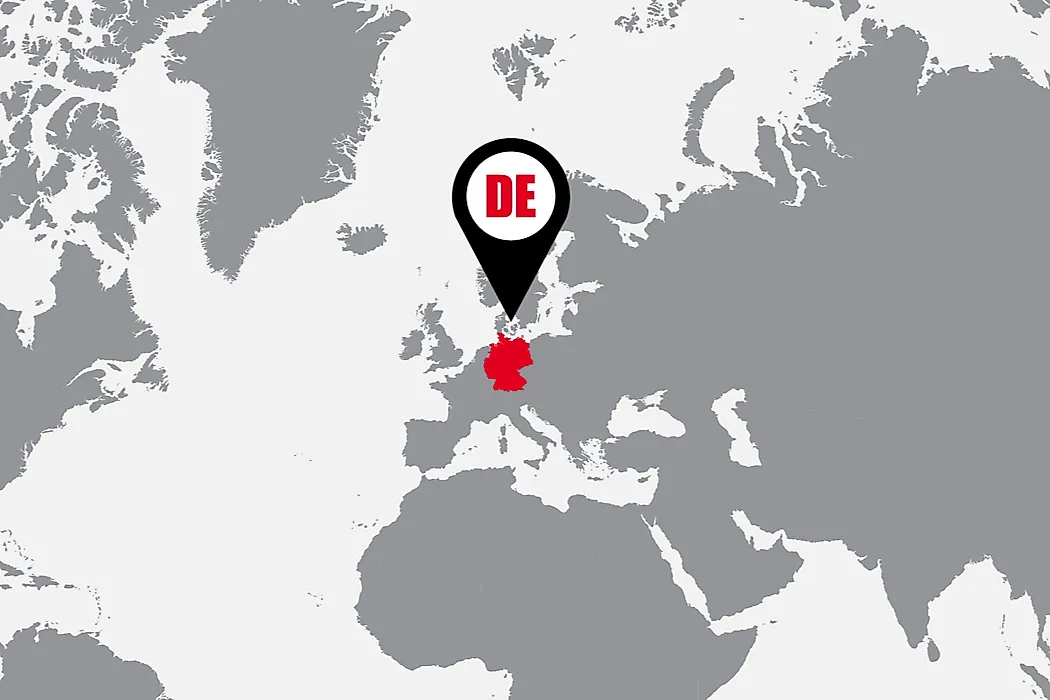What Continent Is Germany In?

The Federal Republic of Germany is located in the central-western part of the continent of Europe. It cuts across Europe’s main physical divisions from the ranges of the Alps through to the diverse landscapes of the Central German Uplands before joining the Northern German Plains. Germany is the highest populated member of the European Union and the second most popular destination among immigrants in the world. Germany is also a developed country with a strong economy and a world leader in several industrial and technology sectors.
Geography
Germany stretches 357,021 square kilometres (137,847 sq mi), and is bordered by Denmark in the north, Switzerland in the south, Poland and the Czech Republic in the east, France, Luxembourg, and Belgium in the west, Austria in the southeast, and the Netherlands in the northwest. It is also surrounded by the Baltic Sea and the North Sea. The country extends over the great east-west morphological zone that is characteristic of the western part of central Europe. Due to its location in the northern latitudes and distance from the warming influence of the North Atlantic Current, Germany experiences a warm temperate climate that favors agriculture. Before human settlement, most of the country was covered by forests that have been cut down in favor of agriculture, industrialization, and human settlement leaving only one-fifth of forest cover.
History
The word Germany is an English word derived from the Latin word Germania which was first used by Julius Caesar to refer to the Germania people of east Rhine. In the beginning of the 10th century, the Roman Empire was formed and ruled until revolutionary reforms were instituted by the Protestant Reformists to form the German Confederation in 1815. Germany became a sovereign nation in 1871 after German states united into the Prussian-dominated German Empire that later collapsed after the First World War. It was replaced by the dictatorial Nazi Empire regime that led to the sprouting of the Holocaust and the Second World War. This led to the splitting of Germany into the socialist East and democratic West that were later reunited in 1990 to the Federal Republic of Germany.
Governance
Germany is ruled by a president who is convened by a special assembly and is the Chief of State as well as the elder statesman of stature. The president appoints the Chancellor who is then elected on a majority vote before being vested with considerable independent powers to head the government.
Economy
Germany has a social market economy characterized by a highly skilled labor force, large capital stocks, low levels of corruption, and high level of innovation. The economy is largely dependent on the service industry which contributes to 71% of the total GDP, industrialization contributes 28% and agriculture contributes to only 1% of the GDP. Being home to the modern cars, Germany is regarded as the most competitive automotive country in the world. Germany is among the founding members of the European Union and the European Economic Community that enhance economic integration between European countries. Due to its liberal regime, Germany attracts skilled labor force from across the globe hence promoting Foreign Direct Investment in the Industrial and technological sectors.











